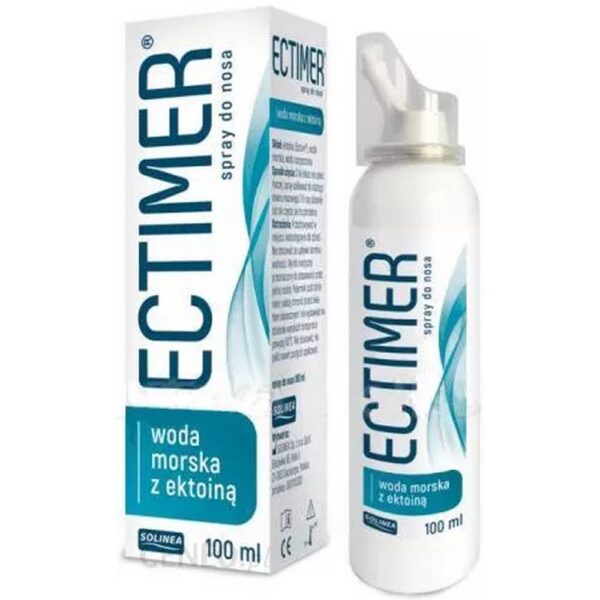In rare cases of allergic reactions, the administration should be suspended and appropriate treatment prescribed. Use with caution in chronic alcoholism, excessive alcohol consumption (3 or more drinks per day), anorexia, bulimia or cachexia, chronic malnutrition (low stores of glutathione in the liver), dehydration, hypovolemia. Paracetamol should be used with caution in patients with mild to moderate hepatocellular insufficiency (including Gilbert’s syndrome), severe hepatic insufficiency (Child-Pugh > 9), acute hepatitis, concomitant therapy with drugs that impair liver function, glucose-6 deficiency -phosphate. dehydrogenase, hemolytic anemia. High or prolonged doses of the product can cause changes in the kidneys and blood, even serious ones, therefore, administration to patients with renal insufficiency should be carried out only in case of real need and under the direct supervision of a physician. With prolonged use, it is advisable to monitor liver and kidney function and blood tests. During treatment with paracetamol, before taking any other drug, make sure that it does not contain the same active ingredient, as serious adverse reactions can occur when paracetamol is taken in high doses. . 125 mg effervescent granules contains aspartame, a source of phenylalanine. This can be harmful in case of phenylketonuria (deficiency of the enzyme phenylalanine hydroxylase) due to the risk associated with the accumulation of the amino acid phenylalanine. Maltitol: Use with caution in patients with rare hereditary fructose intolerance. 3.07 mmol sodium per sachet: should be taken into account in people with impaired kidney function or those on a low sodium diet. 500 mg effervescent granules contain aspartame, a source of phenylalanine. This can be harmful in case of phenylketonuria (deficiency of the enzyme phenylalanine hydroxylase) due to the risk associated with the accumulation of the amino acid phenylalanine. Maltitol: Use with caution in patients with rare hereditary fructose intolerance. 12.3 mmol sodium per sachet: should be taken into account in people with impaired kidney function or those on a low sodium diet. This can be harmful in case of phenylketonuria (deficiency of the enzyme phenylalanine hydroxylase) due to the risk associated with the accumulation of the amino acid phenylalanine. Maltitol: Use with caution in patients with rare hereditary fructose intolerance. 12.3 mmol sodium per sachet: should be taken into account in people with impaired kidney function or those on a low sodium diet. This can be harmful in case of phenylketonuria (deficiency of the enzyme phenylalanine hydroxylase) due to the risk associated with the accumulation of the amino acid phenylalanine. Maltitol: Use with caution in patients with rare hereditary fructose intolerance. 12.3 mmol sodium per sachet: should be taken into account in people with impaired kidney function or those on a low sodium diet.
PHARMACOTHERAPEUTIC CATEGORY
Analgesics and antipyretics, anilides.
STORAGE
Effervescent tablets and granules: No special precautions for storage. Suppositories: store at a temperature not exceeding 25 ° C.
Dans de rares cas de réactions allergiques, l’administration doit être suspendue et un traitement approprié prescrit. Utiliser avec prudence en cas d’alcoolisme chronique, de consommation excessive d’alcool (3 verres ou plus par jour), d’anorexie, de boulimie ou de cachexie, de malnutrition chronique (faibles réserves de glutathion dans le foie), de déshydratation, d’hypovolémie. Le paracétamol doit être utilisé avec prudence chez les patients présentant une insuffisance hépatocellulaire légère à modérée (y compris le syndrome de Gilbert), une insuffisance hépatique sévère (Child-Pugh > 9), une hépatite aiguë, un traitement concomitant avec des médicaments altérant la fonction hépatique, une carence en glucose-6-phosphate. déshydrogénase, anémie hémolytique. Des doses élevées ou prolongées du produit peuvent provoquer des modifications des reins et du sang, même graves, par conséquent, l’administration à des patients insuffisants rénaux ne doit être effectuée qu’en cas de besoin réel et sous la surveillance directe d’un médecin. En cas d’utilisation prolongée, il est conseillé de surveiller la fonction hépatique et rénale et les analyses de sang. Pendant le traitement par le paracétamol, avant de prendre tout autre médicament, assurez-vous qu’il ne contient pas le même principe actif, car des effets indésirables graves peuvent survenir lorsque le paracétamol est pris à fortes doses. . 125 mg de granulés effervescents contiennent de l’aspartam, une source de phénylalanine. Cela peut être nocif en cas de phénylcétonurie (déficit de l’enzyme phénylalanine hydroxylase) en raison du risque lié à l’accumulation de l’acide aminé phénylalanine. Maltitol : utiliser avec prudence chez les patients présentant une intolérance héréditaire rare au fructose. 3,07 mmol de sodium par sachet : à prendre en compte chez les personnes souffrant d’insuffisance rénale ou suivant un régime hyposodé. 500 mg de granulés effervescents contiennent de l’aspartame, une source de phénylalanine. Cela peut être nocif en cas de phénylcétonurie (déficit de l’enzyme phénylalanine hydroxylase) en raison du risque lié à l’accumulation de l’acide aminé phénylalanine. Maltitol : utiliser avec prudence chez les patients présentant une intolérance héréditaire rare au fructose. 12,3 mmol de sodium par sachet : à prendre en compte chez les personnes souffrant d’insuffisance rénale ou suivant un régime hyposodé. Cela peut être nocif en cas de phénylcétonurie (déficit de l’enzyme phénylalanine hydroxylase) en raison du risque lié à l’accumulation de l’acide aminé phénylalanine. Maltitol : utiliser avec prudence chez les patients présentant une intolérance héréditaire rare au fructose. 12,3 mmol de sodium par sachet : à prendre en compte chez les personnes souffrant d’insuffisance rénale ou suivant un régime hyposodé. Cela peut être nocif en cas de phénylcétonurie (déficit de l’enzyme phénylalanine hydroxylase) en raison du risque lié à l’accumulation de l’acide aminé phénylalanine. Maltitol : utiliser avec prudence chez les patients présentant une intolérance héréditaire rare au fructose. 12,3 mmol de sodium par sachet : à prendre en compte chez les personnes souffrant d’insuffisance rénale ou suivant un régime hyposodé.
CATÉGORIE PHARMACOTHÉRAPEUTIQUE
Analgésiques et antipyrétiques, anilides.
ESPACE DE RANGEMENT
Comprimés et granulés effervescents : Pas de précaution particulière de conservation. Suppositoires : à conserver à une température ne dépassant pas 25°C.
Price Tachipirine 500 mg 30
Buy Tachipirine 500 mg 30
Tachipirine 500 mg 30
Tachipirine 500 mg 30















